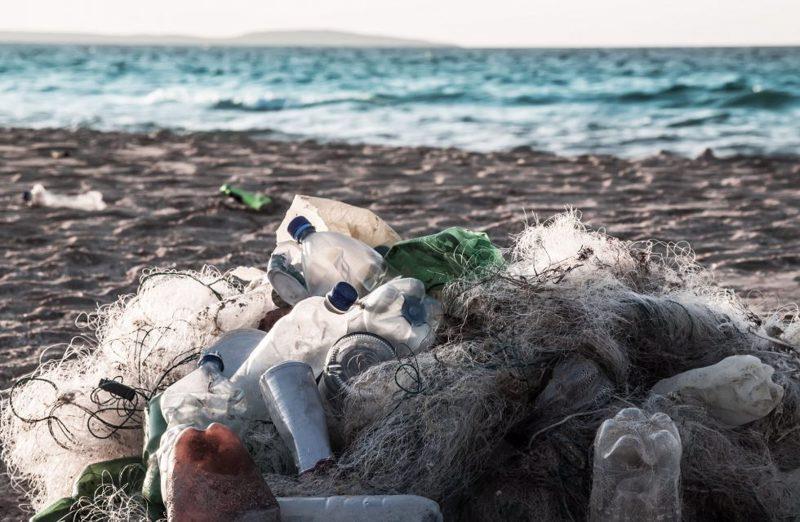
Norwegian scientists prove why beach cleans matter
by Daria Blackwell / OCC 24 Sep 2023 04:08 UTC

Collecting plastic from beaches helps save the ocean from microplastics © Daria Blackwell
The removal of bigger pieces of plastic from coastlines prevents the breakdown to microplastic fragments that may stay in the water for years, giving scientists hope for polluted oceans.
Experts from Norce, one of Norway's largest research organisations, found that within a year of volunteers removing bottles, bags and other large pieces of plastic from the shore of an island near Bergen, the quantity of microplastic on land and in the water fell by 99.5%.
The scientists speculate that high levels of UV sunlight and warm temperatures in shallow water lead to more rapid degradation of plastic fragments than had previously been thought possible. They say it should motivate a global effort to clean up coasts around the world.
In a mass cleanup of Hardanger fjord in Western Norway, scientists found "plastic soil" - a layer, up to 1m deep, of densely-packed plastic fragments mixed with organic matter. The fjord acts as a funnel collecting plastic runoff from as far away as the UK, France, and the Netherlands. The microplastic pieces, less than 5mm in size, are likely to have been accumulating in the fjord for the last 50 years. They are virtually impossible to remove.
However, the research shows that as long as large pieces of plastic are regularly removed, the fragments should begin to disappear. That will only happen where the microplastic is exposed to the elements. Plastic waste trapped in deep, cold water could take centuries to degrade.
Quick Links:
This article has been provided by the courtesy of the
Ocean Cruising Club.